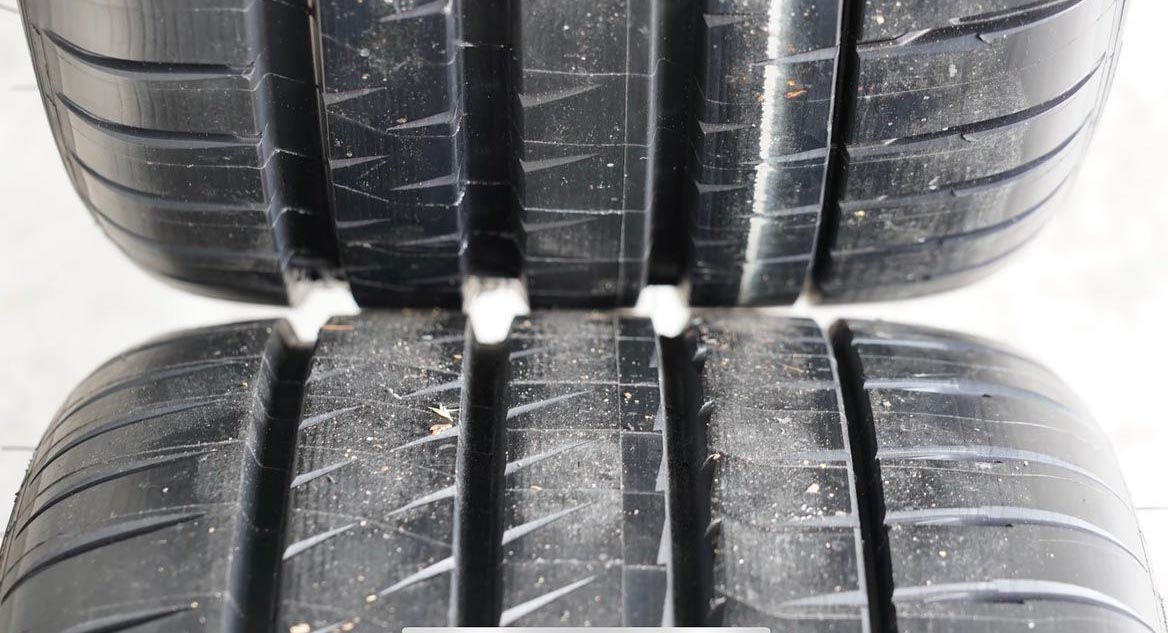OK, allow me to clear this up.
To OP: There is no advantage to buying tire from a car dealer as opposed to a local (or internet) tire dealer. You'll see below why.
And just for the record: At every step I outline below there are exceptions. But they are pretty rare.
An OE tire is a tire that comes on a vehicle from the factory - and all tires with the identical marks sold in the aftermarket. Those tires are designed to the vehicle manufacturer's specs - which are different than what the specs would be from the tire manufacturer. Typically the difference is rolling resistance, wear, and traction as those 3 things are balanced against one another. Change one and the others have to change as well.
What this means is that the casing is the same, but the tread rubber compound and the tread pattern are different. And by tread pattern I mean the width, depth, and void ratio - and sometimes the pattern itself is completely different.
All OE tires are identified in some way. BMW requires a star, GM requires a TPC number, etc. In the manufacturing process, when the tire comes out of the mold, it has that identifier.
And the specs for each OE tire is different for each size/make/model. This means that even though 2 tires have the same name on the sidewall, if it's a different size, it's a different tire. Further, sometimes that same size/make/model tire is supplied to different vehicle manufacturers, each is different - and you distinguish the difference with the identifying mark.
In the manufacturing process, after curing in the mold, the tire is trimmed and inspected - both by humans and by machines. Each vehicle manufacturer has "Quality Specs" for things like the appearance, balance, uniformity, etc. and each spec is different. It is here where the difference between a tire supplied to the vehicle assembly plant will differ from the otherwise identical tire at the tire dealer. It's possible to sort tires. Typically the OEM gets the best, with slightly less quality tires going to the "downstream" market - meaning tire dealers and other retail outlets. The tire itself would have the same tread rubber compound and have the same identifying marks, but - perhaps - the amount of weight needed to balance is slightly worse - among other things.
So there you have it. Yes, it's complex, but because car manufacturers buy so many tires, they get to make the rules.

